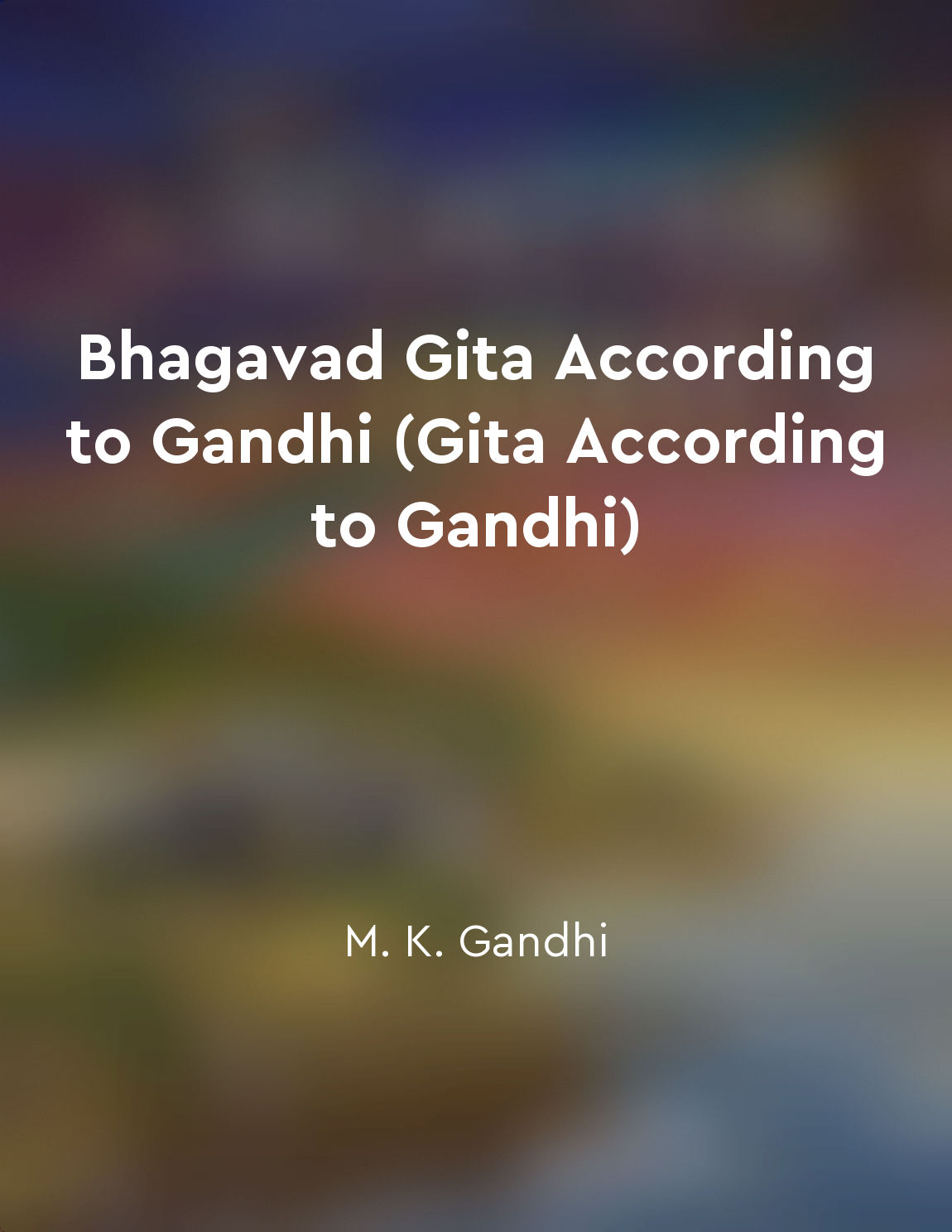Moral duty as the essence of morality from "summary" of Fundamental Principles of the Metaphysic of Morals by Immanuel Kant
The essence of morality lies in the concept of moral duty. When we think about moral duty, we are considering actions that are performed not out of inclination or personal gain, but out of a sense of obligation. This sense of obligation is what sets moral actions apart from actions driven by self-interest or desire. According to Kant, moral duty is not dependent on consequences or outcomes. Instead, it is based on the idea of duty for duty's sake. This means that we have a moral duty to act in a certain way simply because it is the right thing to do, regardless of the potential outcomes or benefits to ourselves. In essence, moral duty is about following universal moral laws that apply to all rational beings. These moral laws are not based on individual preferences or desires, but on objective principles that hold true for everyone. By following these moral laws, we are acting in accordance with our moral duty and upholding the essence of morality. Kant argues that moral duty is rooted in reason and rationality. It is through our ability to reason and understand moral principles that we are able to recognize our moral duty and act upon it. This emphasis on reason as the foundation of moral duty highlights the importance of rational thought in moral decision-making.- The concept of moral duty as the essence of morality emphasizes the importance of acting out of a sense of obligation to universal moral laws, rather than personal gain or inclination. By following our moral duty, we uphold the fundamental principles of morality and act in a way that is consistent with reason and rationality.
Similar Posts

Overcoming the cycle of birth and death
The concept of overcoming the cycle of birth and death is a central theme in the Bhagavad Gita. According to Lord Krishna, the ...

The Bhagavad Geeta teaches the importance of selfless action and service
The Bhagavad Geeta expounds the principle of selfless action as a fundamental teaching for achieving spiritual growth and fulfi...
Social change comes through moralizing and sanctification
The process of social change is complex and multifaceted, requiring a combination of factors to be successful. One important as...
Ideas arise from impressions through mental processes
According to the principles of human nature, our thoughts and ideas are ultimately derived from our impressions. Impressions ar...

Trust in the divine plan
The concept of trusting in the divine plan is central to the teachings of the Bhagavad Gita. It emphasizes the importance of su...
Knowledge of mortality leads to existential contemplation
The awareness of our mortality can act as a trigger for deeper contemplation about our existence. This knowledge brings to the ...
The ability to reason shapes our instincts
The human mind is a complex organ, capable of both instinctual reactions and reasoned responses. While our instincts are rooted...
Reason is not always reliable
Reason, though undoubtedly a valuable faculty that distinguishes humans from animals, is not always a reliable guide in our dec...
The importance of faith and devotion in God is underscored
The Shrimad Bhagwat Geeta emphasizes the significance of having unwavering faith and deep devotion towards God. Throughout the ...
Teleological argument supports the idea of a harmonious universe
The teleological argument posits that the order and purpose evident in the natural world point towards the existence of a supre...

